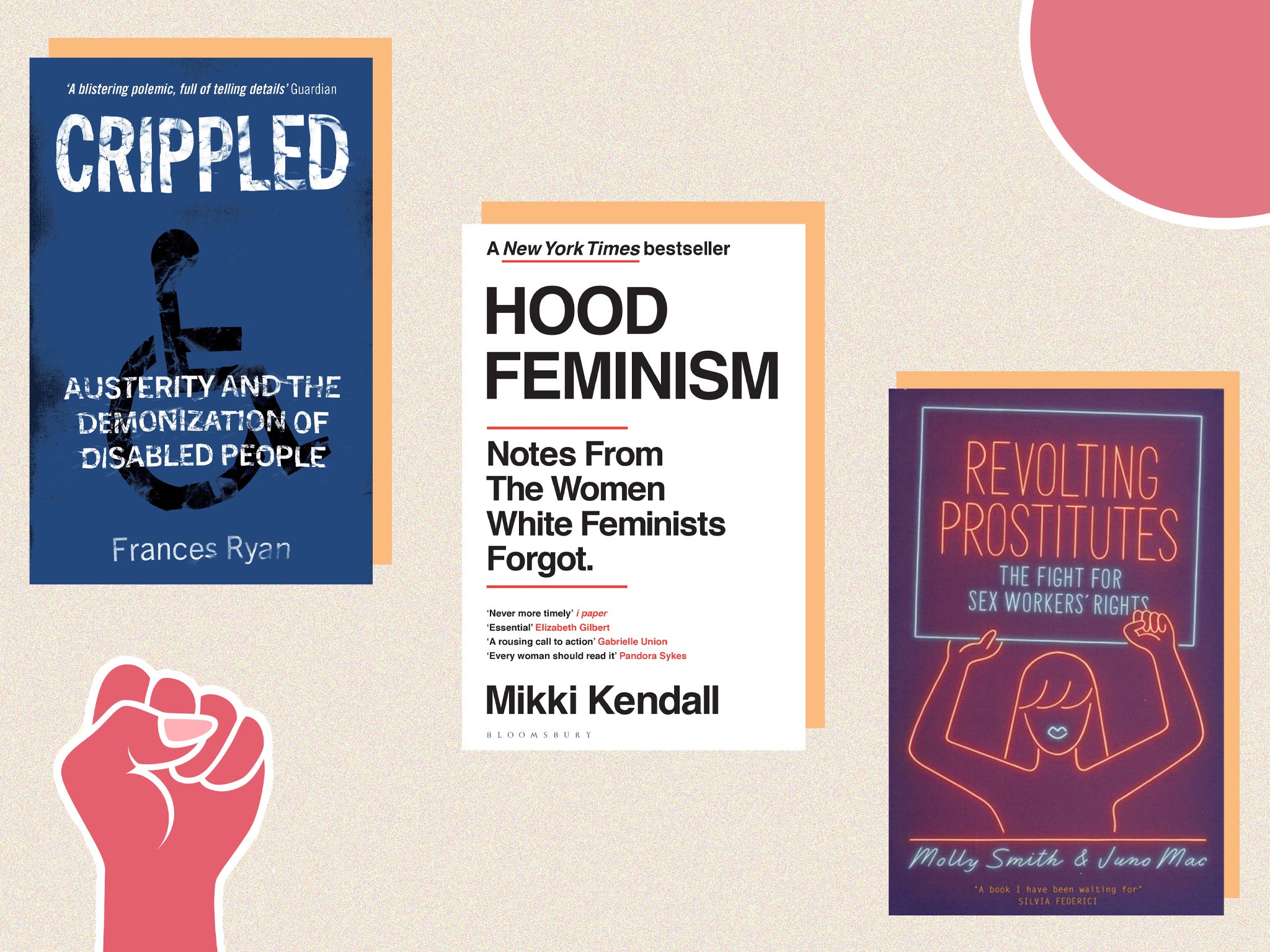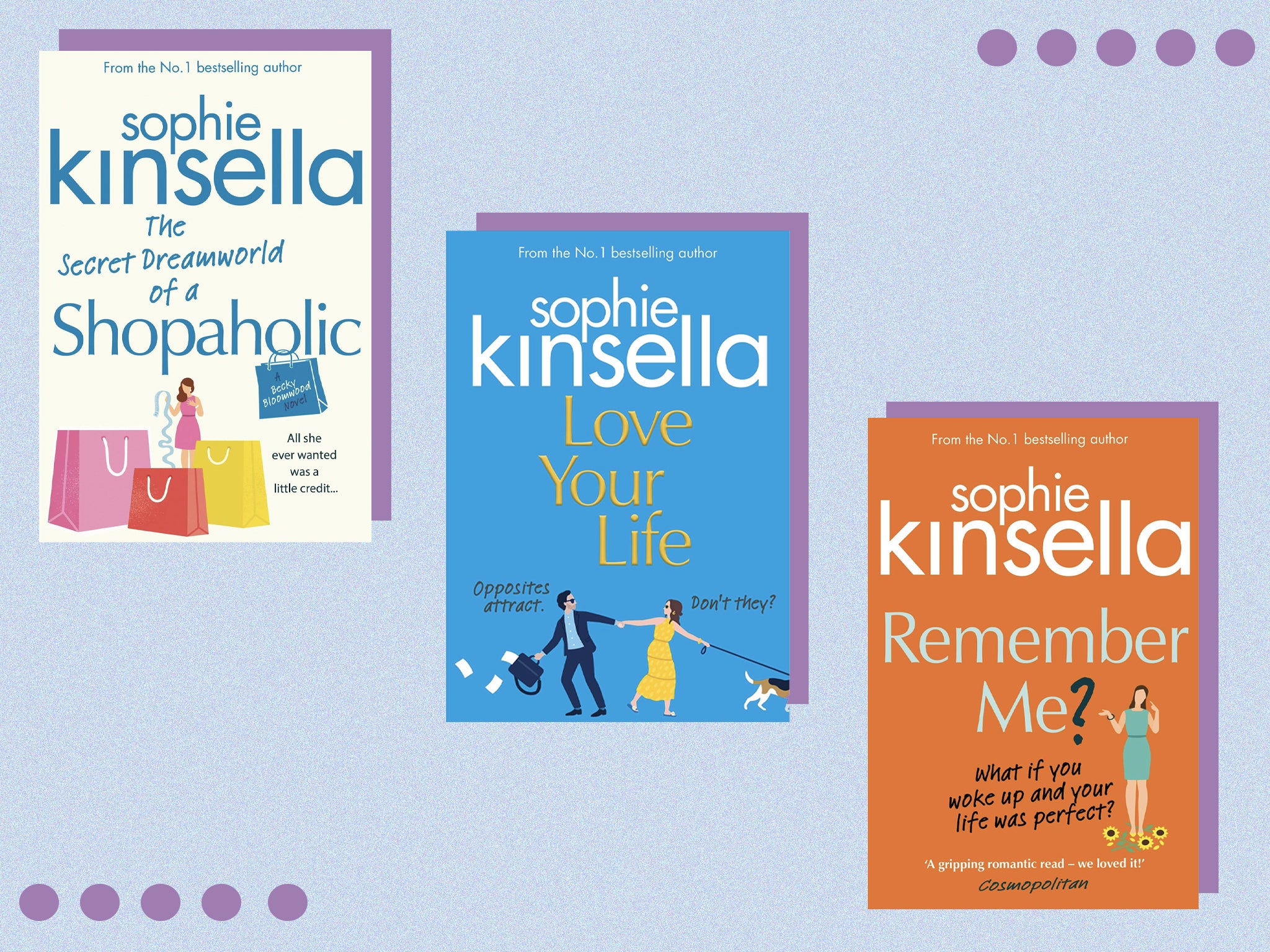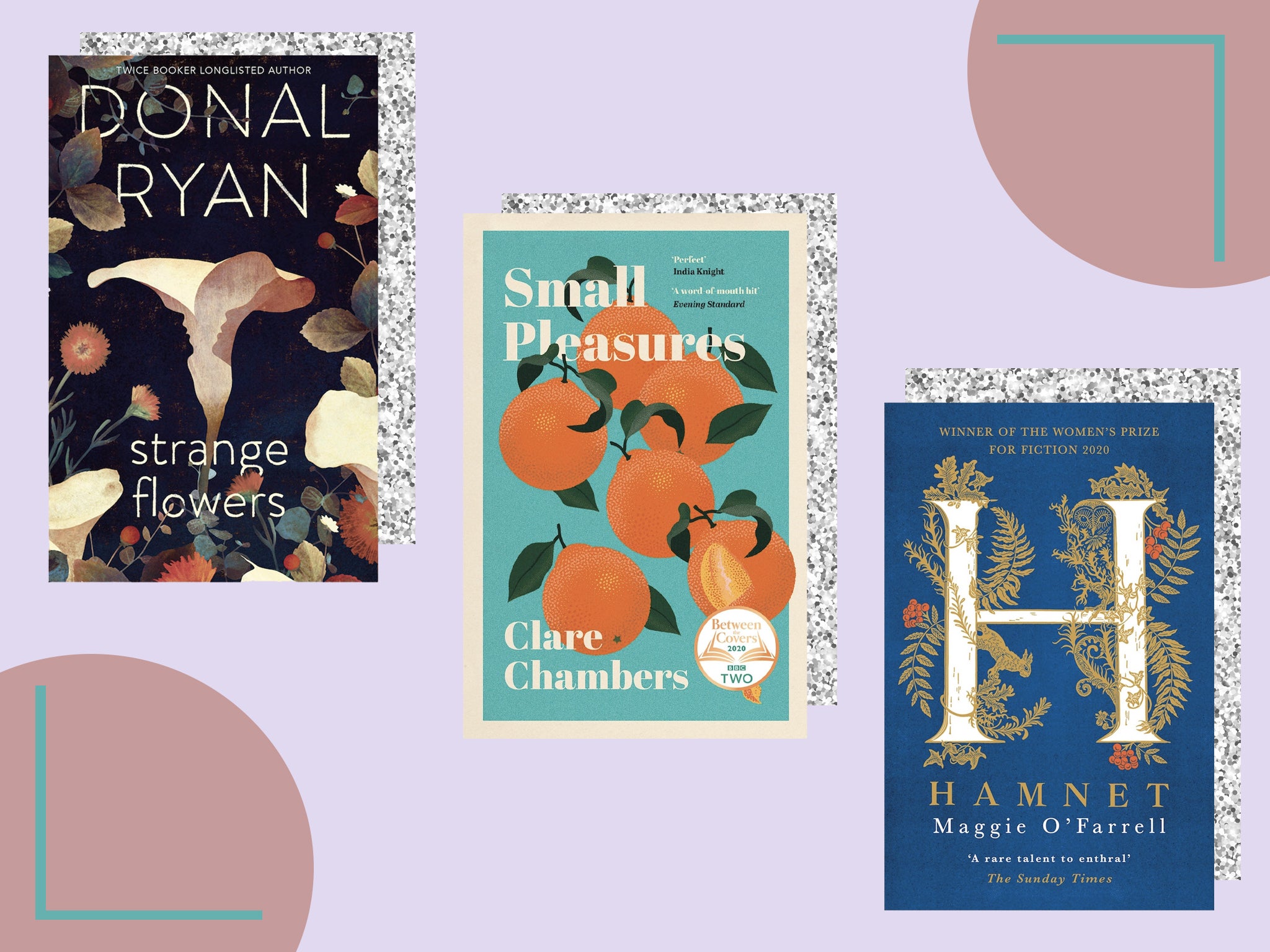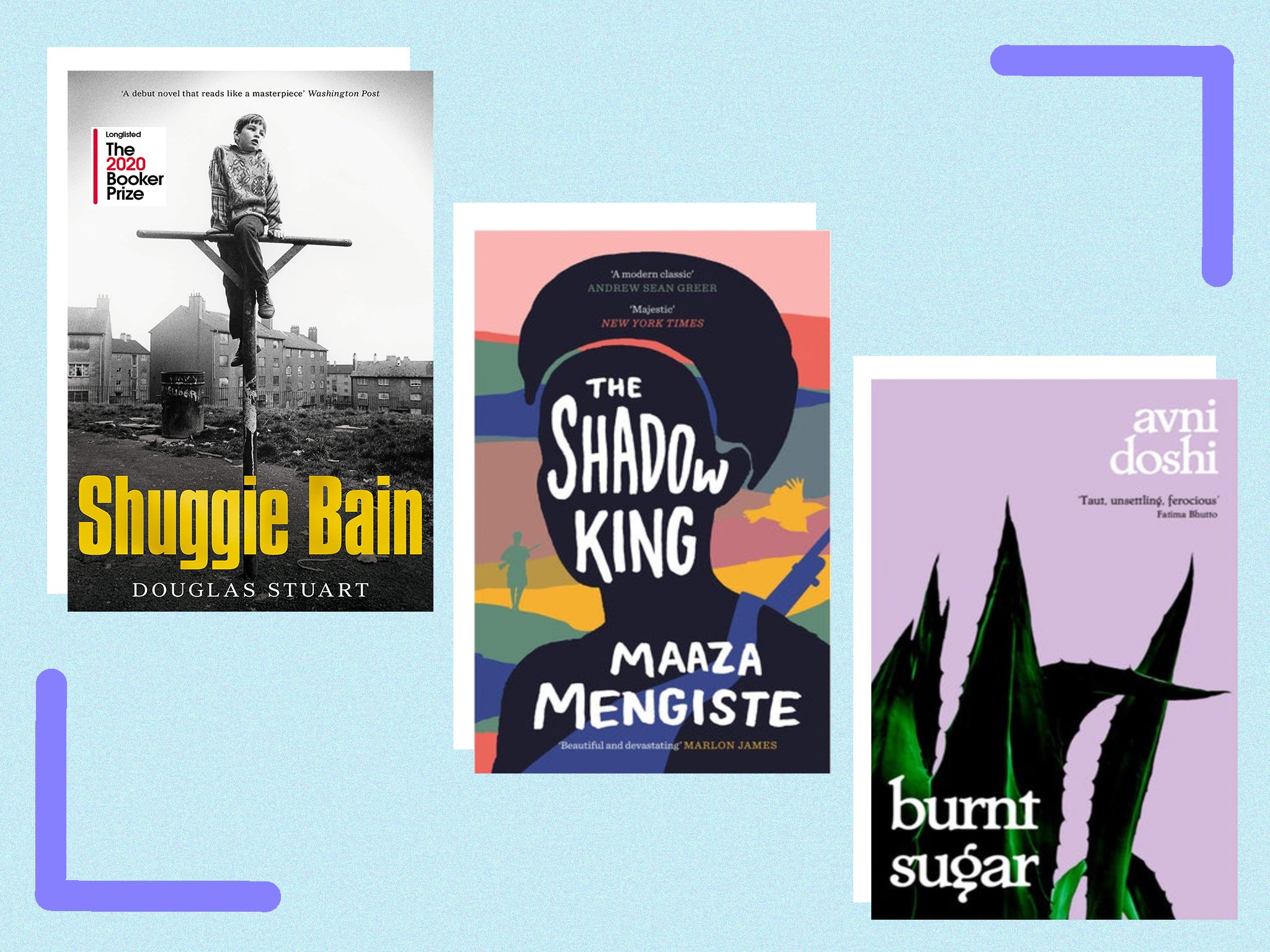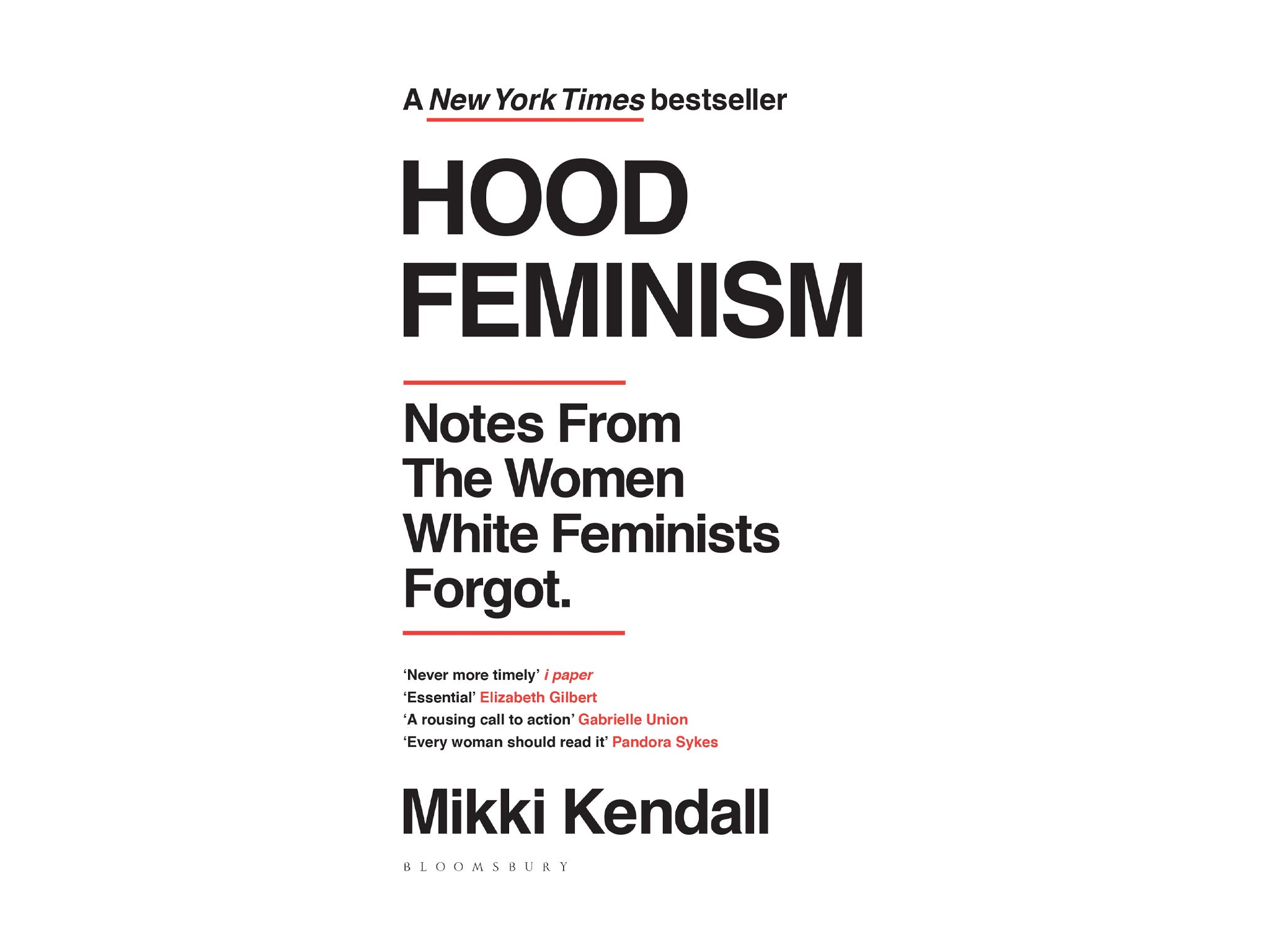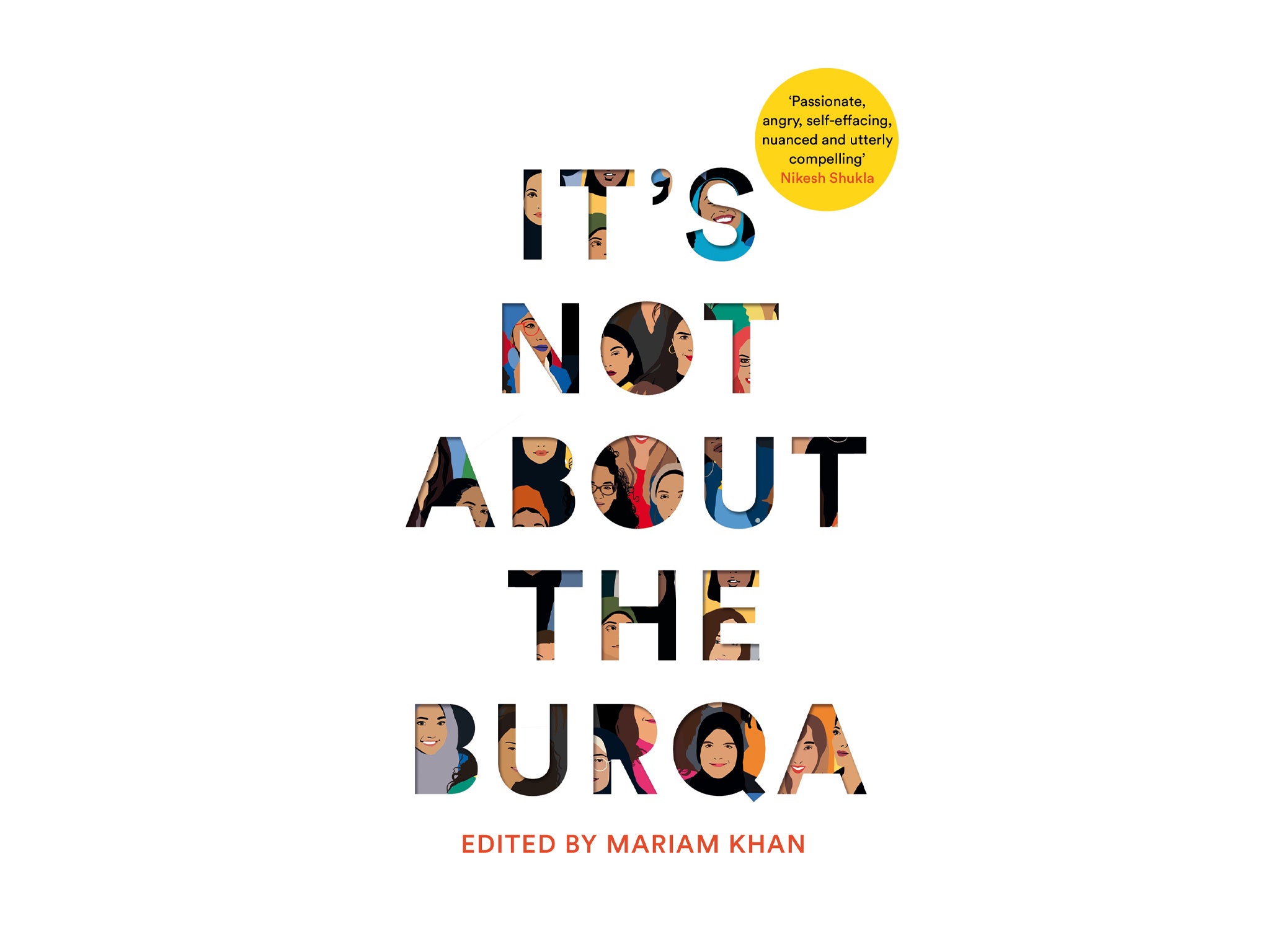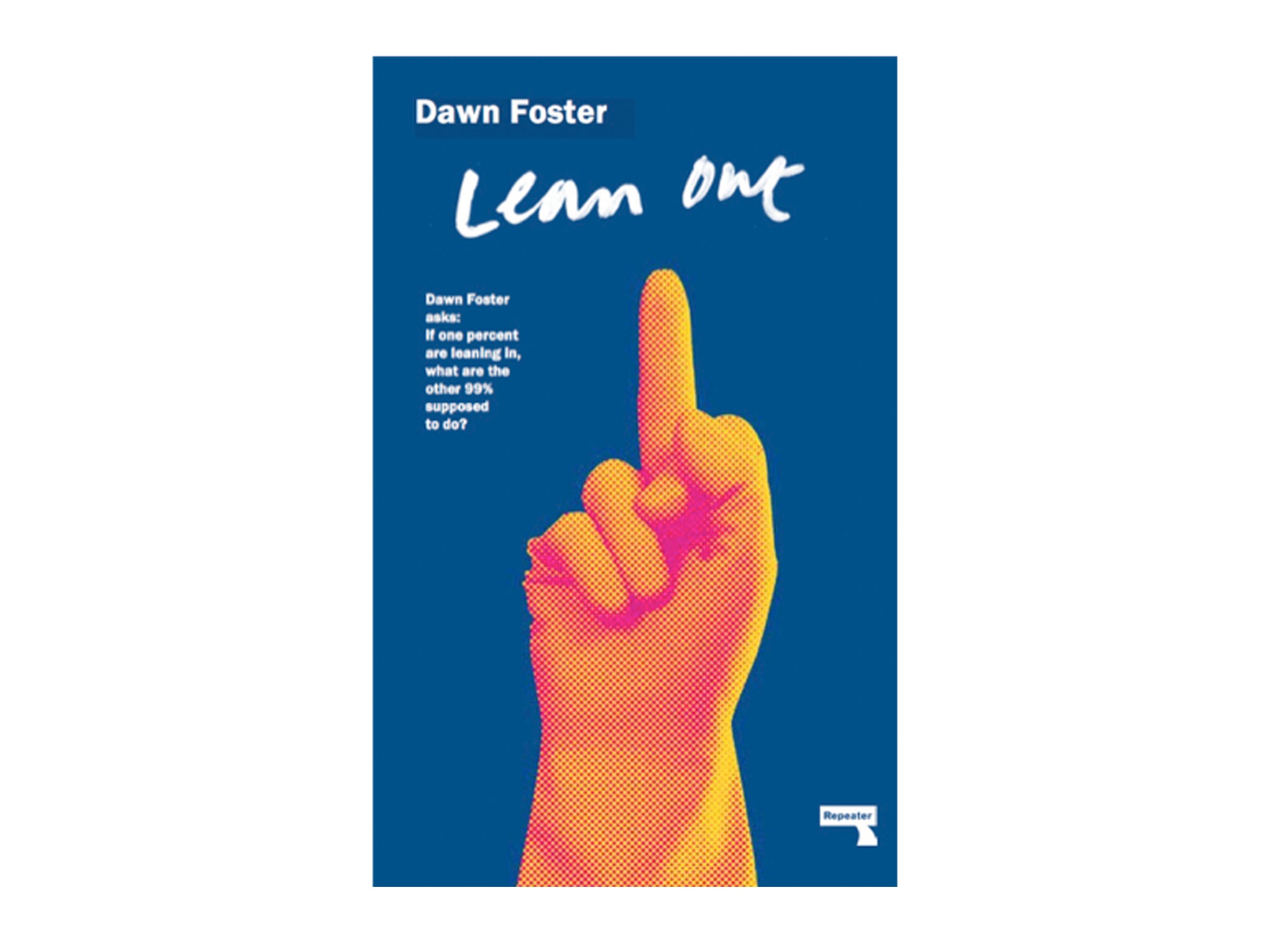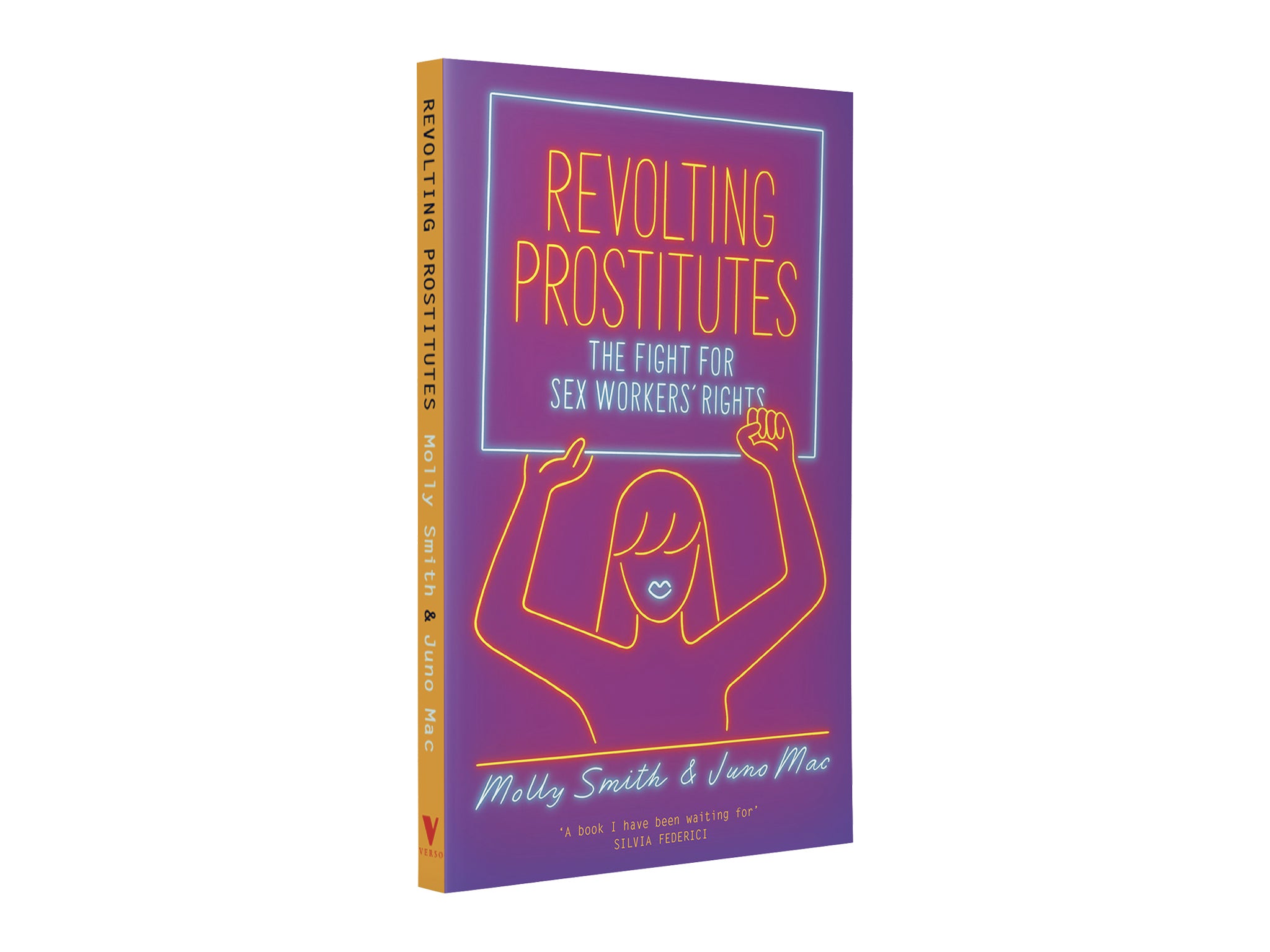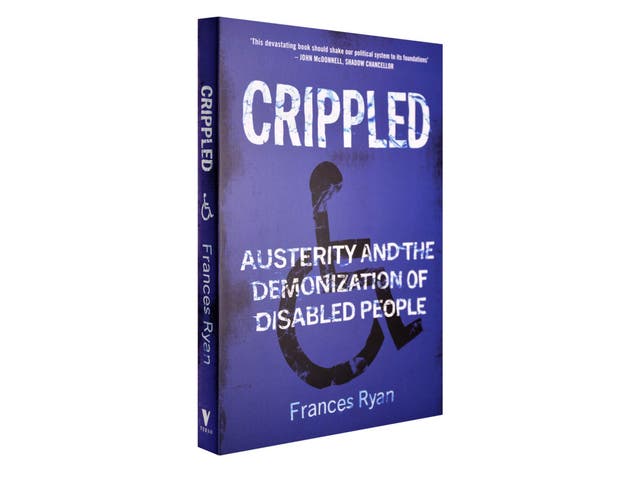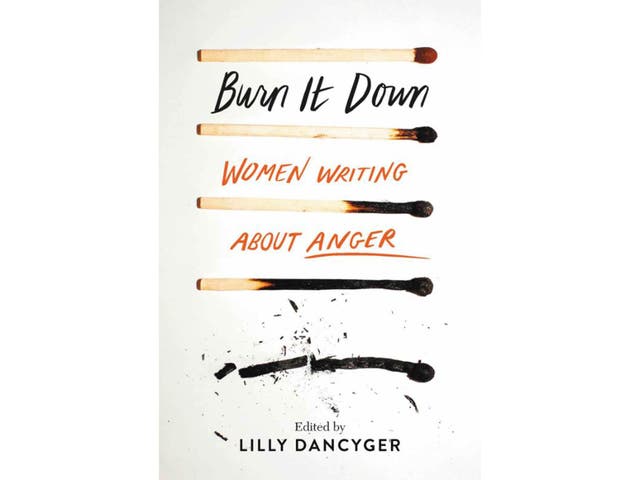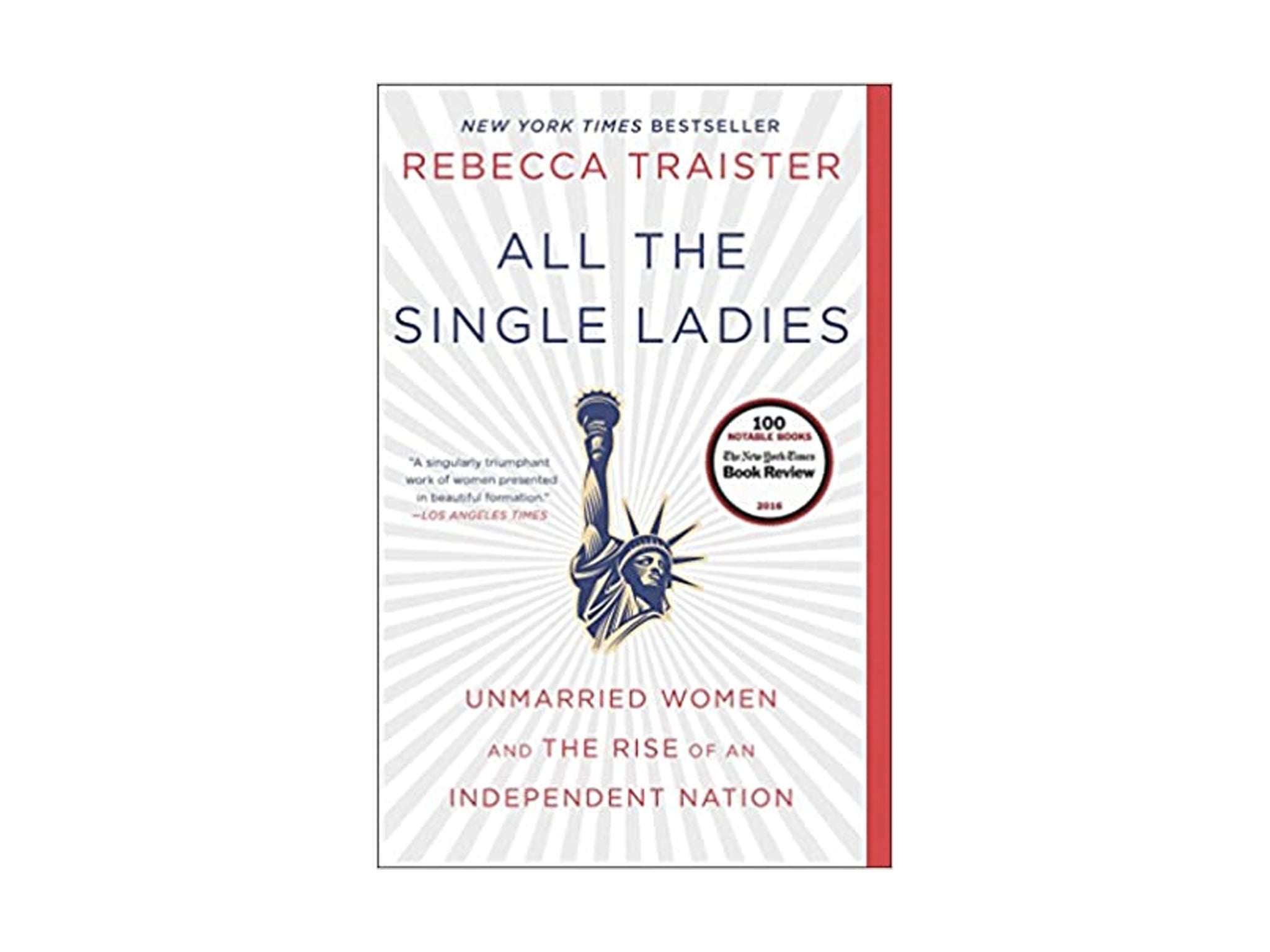1‘No Visible Bruises’ by Rachel Louise Snyder, published by Scribe Publications
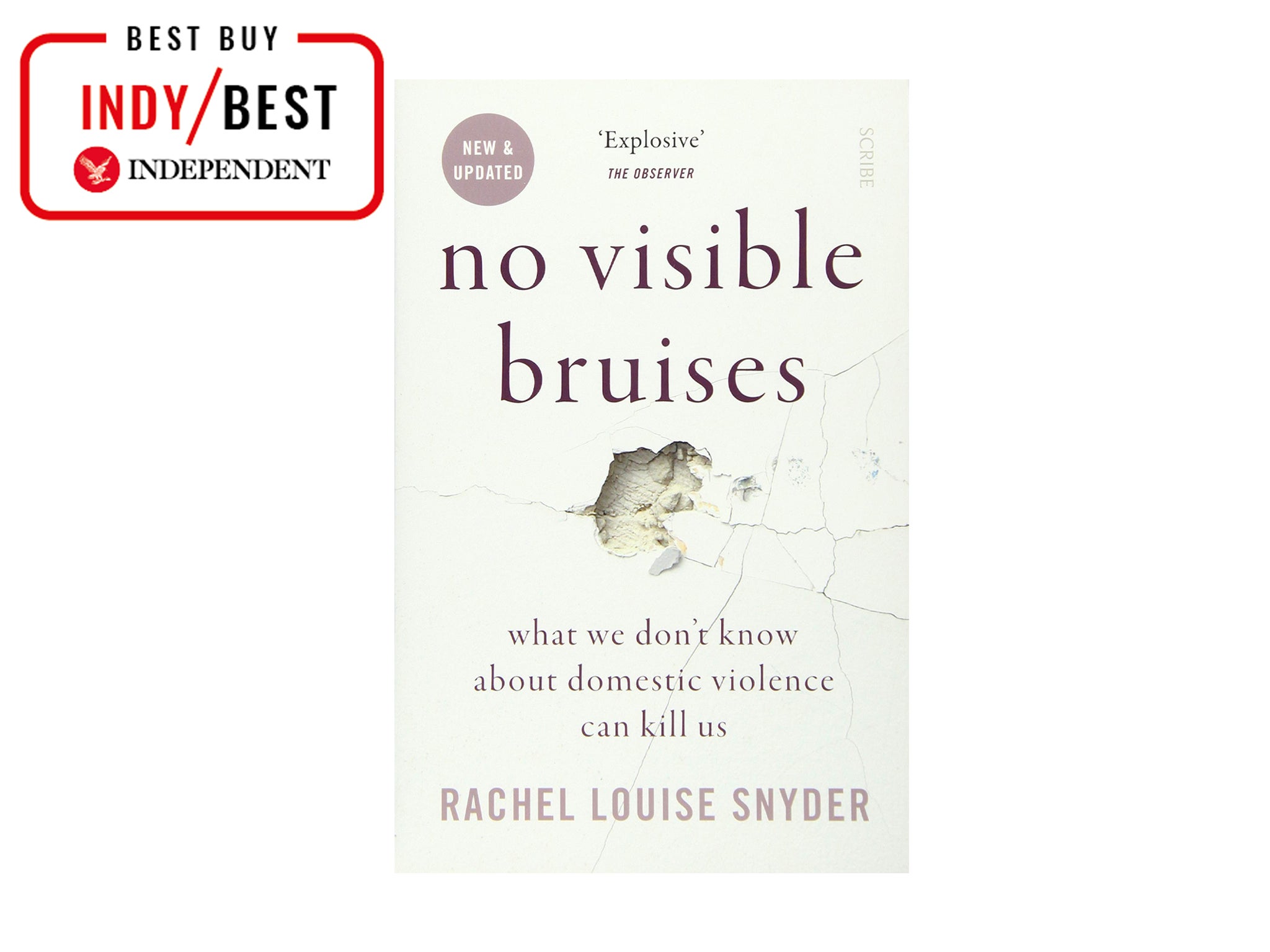
A New York Times, Economist and Esquire Book of the Year, this utterly absorbing account of the severity and scale of domestic violence deserves every accolade. Snyder, an award-winning journalist, spent eight years investigating the epidemic that is domestic violence – a term she argues undermines its gravity – in the US, although much of her findings can be replicated throughout the world. Prior to her research, Snyder admits to thinking domestic violence was “an unfortunate fate for the unlucky few” – “as common as rain” – before realising the true cost of the problem on a personal and collective level.
Interviewing everyone from victims to perpetrators, police to domestic violence support workers, Snyder expertly blends personal narratives with accessible analysis without resorting to salaciousness, despite a captivating quality that often feels like fiction. When almost one in three women will experience domestic abuse during their lifetime, and two women a week are killed in England and Wales by a current or former partner, this chilling, vital and urgent book deserves to be read by everyone.
